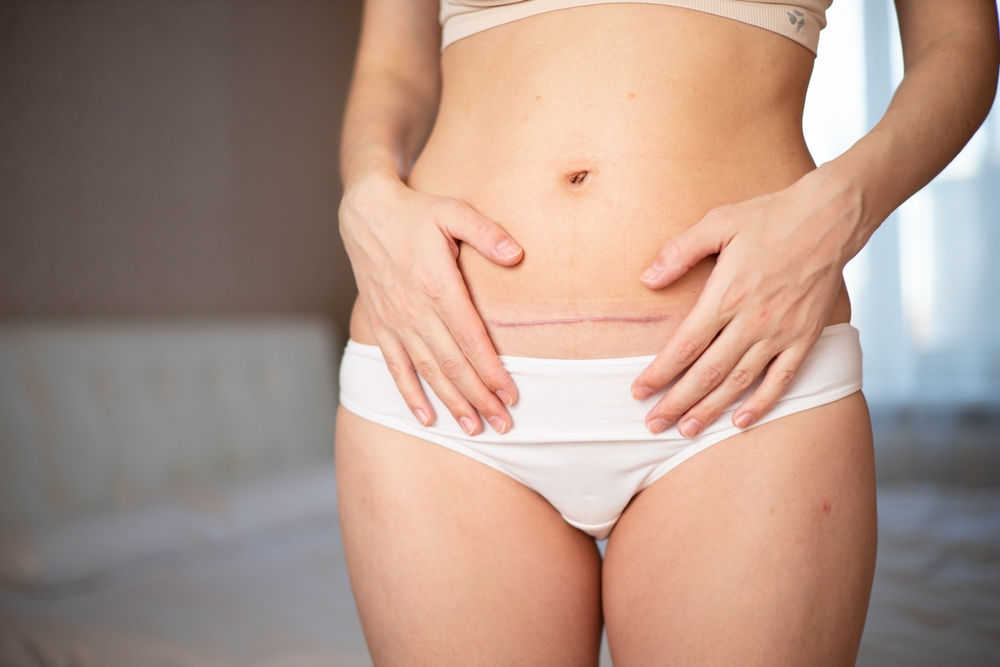Nutrition plays a critical role in the recovery process following Burn Reconstructive Surgery in Dubaiy. Proper dietary practices can significantly influence healing, reduce complications, and enhance overall outcomes for burn survivors. This article examines the importance of nutrition during the recovery phase, including specific dietary recommendations and the role of nutrition in wound healing.
1. Understanding the Nutritional Needs of Burn Survivors
Burn injuries lead to a hypermetabolic state, characterized by increased energy expenditure and altered nutrient metabolism. This heightened metabolic demand necessitates a careful evaluation of dietary intake to support the healing process. After a burn injury, patients may require higher caloric intake, protein, vitamins, and minerals to facilitate recovery.
Energy requirements can be significantly elevated in burn patients, often requiring 1.5 to 3 times the normal caloric intake, depending on the severity of the burn and the extent of the surgical intervention. Adequate caloric intake is essential to provide the energy needed for recovery and to prevent weight loss, which can adversely affect healing.
2. The Importance of Protein for Healing
Protein is a crucial macronutrient for burn survivors, playing a vital role in tissue repair and regeneration. It is necessary for the synthesis of new proteins, which are essential for healing wounds, building muscles, and maintaining immune function. Increased protein intake helps to counteract the catabolic effects of burn injuries and supports the formation of new tissues.
Healthcare professionals often recommend a protein intake of 1.5 to 2.0 grams per kilogram of body weight for burn patients. High-quality protein sources, such as lean meats, poultry, fish, eggs, dairy products, legumes, and nuts, should be emphasized in the diet. Incorporating protein-rich foods into each meal can aid in meeting the increased demands of the body during recovery.
3. Vitamins and Minerals for Optimal Healing
In addition to macronutrients, certain vitamins and minerals are essential for supporting the healing process following burn reconstructive surgery. Vitamin C, for example, is critical for collagen synthesis, wound healing, and immune function. A deficiency in vitamin C can impair healing and increase the risk of infection. Foods rich in vitamin C, such as citrus fruits, berries, kiwi, and green leafy vegetables, should be included in the diet.
Vitamin A also plays a vital role in skin health and immune function. It promotes epithelial cell growth and helps maintain the integrity of the skin. Sources of vitamin A include carrots, sweet potatoes, spinach, and liver. Additionally, zinc is an important mineral for wound healing and immune response, with sources including meat, shellfish, legumes, seeds, and nuts.
4. Hydration and Its Impact on Recovery
Proper hydration is another critical aspect of recovery for burn survivors. Burn injuries can lead to fluid loss, and maintaining adequate hydration is essential for overall health and healing. Dehydration can impair circulation, increase fatigue, and hinder the body’s ability to repair itself.
Patients are encouraged to drink plenty of fluids, especially water, during their recovery. Electrolyte-rich beverages may also be beneficial, particularly for those who have experienced significant fluid loss. Monitoring hydration levels and ensuring adequate fluid intake can support healing and enhance recovery outcomes.
5. Dietary Strategies for Burn Survivors
Developing a comprehensive dietary plan tailored to the needs of burn survivors is essential for promoting healing and recovery. A registered dietitian can play a pivotal role in creating personalized nutrition plans that consider individual preferences, medical history, and specific needs.
In addition to focusing on caloric and protein intake, incorporating a variety of nutrient-dense foods is essential. This includes whole grains, fruits, vegetables, lean proteins, and healthy fats. A balanced diet not only supports healing but also helps to improve overall well-being and energy levels during recovery.
6. The Role of Nutrition Education
Education about nutrition is vital for burn survivors and their families. Understanding the importance of dietary choices and their impact on healing can empower individuals to make informed decisions about their nutrition. Healthcare providers should offer guidance on meal planning, grocery shopping, and cooking techniques that prioritize healing-friendly foods.
Incorporating nutrition education into the recovery process can enhance adherence to dietary recommendations and foster a sense of control over one’s health. Support groups and workshops focusing on nutrition for burn survivors can also provide valuable information and foster a supportive community.
7. Conclusion
Nutrition plays an indispensable role in the recovery process following burn reconstructive surgery. By addressing the unique nutritional needs of burn survivors, healthcare professionals can significantly influence healing outcomes and overall quality of life. Adequate caloric and protein intake, along with the inclusion of essential vitamins and minerals, is crucial for supporting tissue repair and promoting recovery.
Through personalized dietary plans and education, burn survivors can take proactive steps toward enhancing their healing journey. As research continues to highlight the connection between nutrition and recovery, the integration of nutritional support into burn care will remain an essential component in fostering optimal outcomes for individuals recovering from burn injuries.





Comments